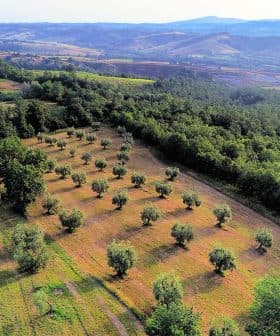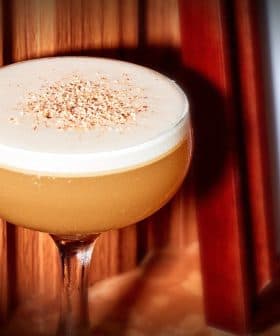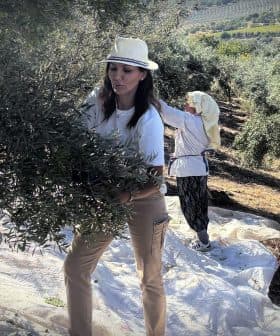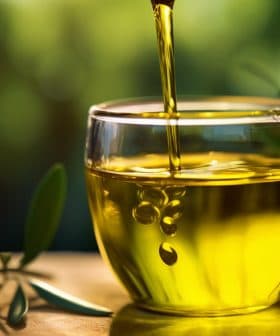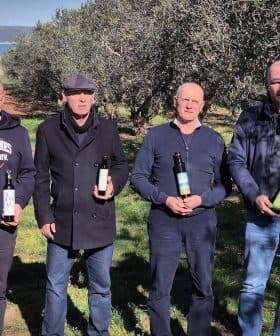Argentina's San Juan Province Gets Geographic Indication for Olive Oil
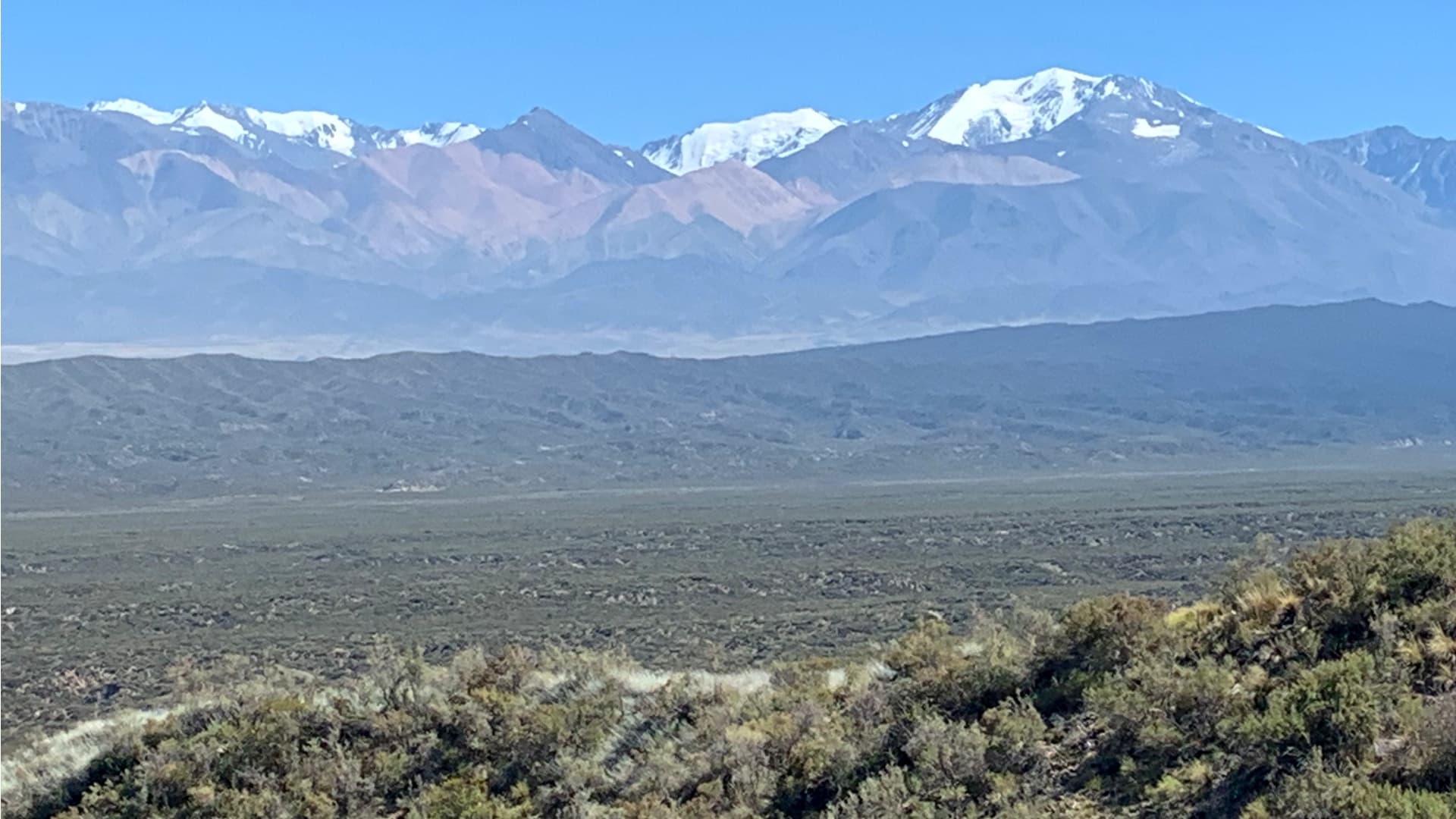
The Argentine province of San Juan has received a Geographic Indication (GI) for its extra virgin olive oil, joining 19 other Argentine products with similar designations, including a Mendoza GI for extra virgin olive oil. The San Juan Olive Chamber oversaw the GI, which requires the oil to be primarily made from Arbequina olives and have a free acidity of less than or equal to 0.4 percent, highlighting the region’s optimal soil and climate conditions and traditional production methods.
Extra virgin olive oil from the Argentine province of San Juan has received a Geographic Indication (GI) from the country’s economy ministry.
Overall, there are 19 Argentine products with Geographical Indications and Denominations of Origin, including a Mendoza GI for extra virgin olive oil formalized in 2022.
“The geographical area covered by this GI encompasses the entire province of San Juan, defined by optimal soil and climate conditions, traditional cultural practices and production methods that define the quality and identity of the oil,” wrote the San Juan Olive Chamber, a producer association responsible for overseeing the GI.
See Also:Europe Strengthens Protections for Geographical IndicationsThe Tulum Valley, the hub of the province’s olive oil sector, sits 500 kilometers northwest of Buenos Aires.
According to officials, San Juan GI extra virgin olive oil must be made primarily from Arbequina olives, with a permitted range of 50 to 70 percent. The rest of the blend may comprise Changlot, Arauco, Coratina, Arbosana, Picual and Koroneiki.
Free acidity must be less than or equal to 0.4 percent, half the permitted level for extra virgin olive oil.
“This oil stands out for its complexity, persistence and stability against oxidation, with a sensory profile featuring light to medium bitterness and spiciness and characteristic aromas of green leaves, tomato and artichoke,” the San Juan Olive Chamber said.
The chamber added that the recognition is the result of a multidisciplinary effort involving producers, universities and provincial institutions.
The stakeholders collaborated to develop a technical protocol, which was validated through tastings, laboratory analysis, and a traceability system to ensure authenticity.
“The GI seal was designed by students from the National University of San Juan and combines the colors of the olive tree, a stylized olive, and a drop of oil in the shape of a footprint, a symbol of identity and origin,” the chamber wrote.
The process to recognize the province’s extra virgin olive oil began in November 2008, with local producers working to receive a Denomination of Origin.
However, efforts stalled and were only recently revived by Marcelo Orrego, San Juan’s governor, and the regional agriculture department.
“This gives our product added value, showcases our history and culture, and highlights the unique identity of our extra virgin olive oil,” said Miguel Moreno, the secretary of agriculture, livestock and fisheries. “It allows us to enter the markets with a unique value and showcase San Juan on every label.”
According to the Argentina Olive Federation, San Juan is the second-largest olive-growing province with 18,000 hectares of groves after La Rioja, which has 26,000 hectares, and the province was responsible for 51 percent of the country’s olive oil exports in 2023.
Along with quantity, producers from the province have long been recognized for their quality, with Establecimiento Olivum winning eight awards at the NYIOOC World Olive Oil Competition between 2019 and 2023.
Solfrut and El Mistol, one of the original companies behind the push for the DO, also each won World Competition awards in 2022 and 2023, respectively.


